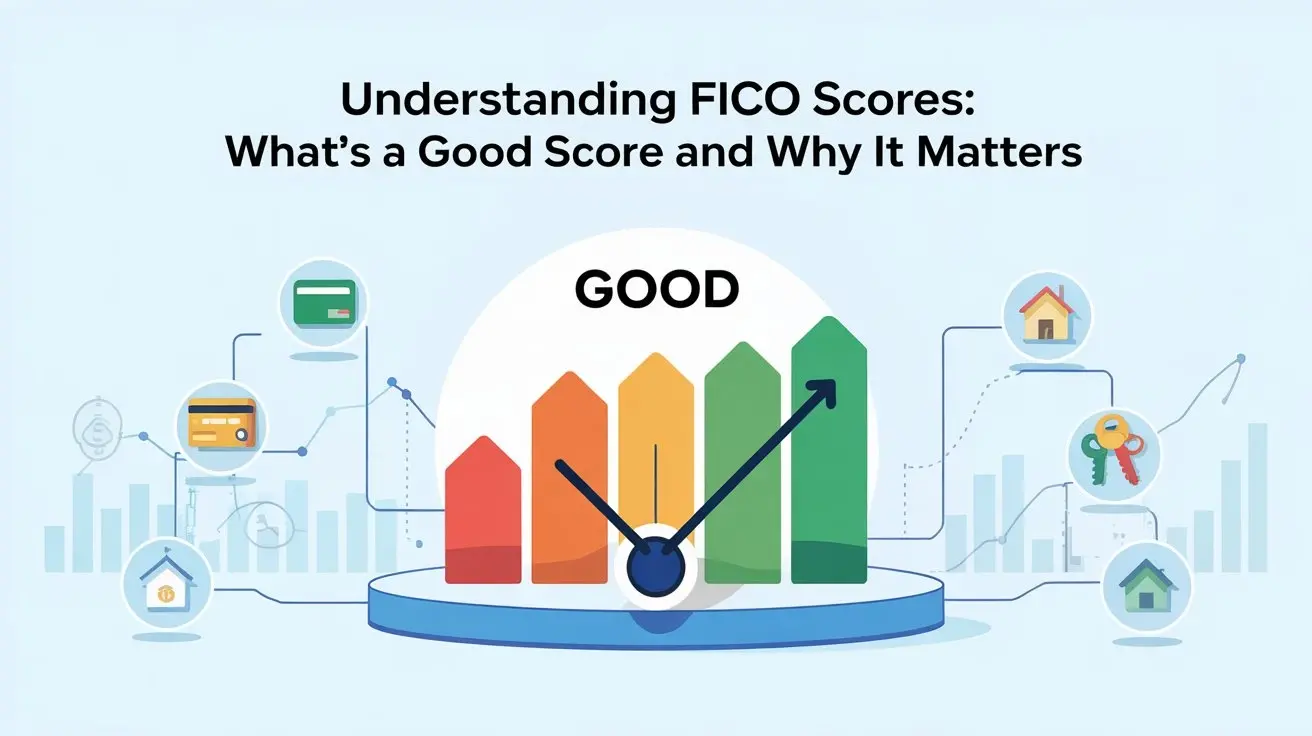Does Medical Bill Affect Credit Score?
Medical debt affects your credit score in the following way.
Sadder yet, among the most prevalent debts in the United States are medical bills. Unfortunately, most people find it difficult to pay for their health bills with growing health prices. This makes people wonder: When I am unable to pay my medical costs, can non-payment of them damage my credit score? The answer is yes; medical debt sent to collection will damage your credit. Here are specifics on how medical costs affect your credit score and actions you may take in response.
The Medical Debt and Credit Reporting Rule
The three nationwide credit reporting agencies, namely Experian, TransUnion, and Equifax, made changes to their policies that relate to medical debts in early 2022. This was done in compliance with the Consumer Financial Protection Bureau (CFPB).
Under the new medical debt credit reporting rule.
- Another provision of the new credit card law is that paid medical collection debt will not be reported on consumer credit reports. It is applicable for both outstanding payables and those that have been paid in the past.
- If the medical amount is less than $500, then it will not be reported to credit reporting agencies. It is said that if the balance goes beyond $500, it may be reported.
- The unpaid medical collection debt is not reported to credit reporting agencies until one year after the first missed payment. This creates some extra time for the consumers to engage with the insurance companies and healthcare providers to deal with the unpaid balances.
How Medical Debt Affects Credit Before Collection
If you have had some medical attention and are just in a position where you cannot afford to pay the bills, it will not impact your credit score most of the time. Providers of medical care normally offer enough time for patients to arrange payment options.
Nonetheless, if a medical bill remains unpaid for several months, the provider will forward it to a debt collector or collections agency. At this stage, it is medical collection debt and might as well begin to affect your credit.
The effect of medical collections on credit score
While unpaid medical bills do not directly affect credit scores initially, having a medical collection account significantly brings down credit scores. Collection accounts are an indicator to lenders that you may be a high-risk borrower because you have been unable to pay your bills on time.
Separate medical collections are a credit score killer; you can lose many points in each of them. The more accounts that are taken to collections, the more points that you can end up losing.
Even with the new 12-month reporting period rule, unpaid medical collections that do appear on your credit report can.
- ‘Lower the credit scores by a hundred and over points. ’
- It is reported on the credit report for a maximum of 7 years
- Increase the standards of eligibility for loans or credit cards significantly
Ironically, the act of paying the medical collections can over time help bring the credit score back up again. However, the damage does not vanish from the credit history once you pay it off and that is a reality that one has to face.
Ways of Paying Medical Bills without Compromising Credit
If you find yourself with high medical bills, there are other decisions you can make instead of letting them go to collections and damage your credit. Consider the following tips:
- Talk to the healthcare providers and negotiate on the payments and whether any of the charges incurred can be negotiated for a lower price or if the charges can be waived due to financial difficulties. Many are interested in offering patients the opportunity to make payments on a more relaxed schedule.
- If health insurance should have contributed to the payment of some of the bills but has not done so, continue to follow up with your insurance over and over. Document every communication. Request the provider to stop charging for the service until the insurance claim is processed and settled.
- In case of very big medical bills, one can get charity care, financial help, crowdfunding assistance, or medical credit cards with low interest rates. This led me to explore the following to prevent any more credit damage.
- If medical bills appear overwhelming, seek help from recognized credit counseling organizations and non-profit debt advisors. They can more frequently discuss with collectors about the payment without affecting credit reports.
The Bottom Line
It is stressful to fight medical bills alongside the diseases themselves. It is, however, important to know that allowing medical bills to go up and affect your credit score does not have to be inevitable. If you are persistent and do not mind speaking up for yourself, it is possible to find affordable repayment plans with the help of open communication with providers. This will thus ensure that any medical collections do not harm your credit ratings or your financial well-being in any way.
Ready to boost your credit score? Call +1 888-804-0104 now for the best credit repair services near you! Our expert team is here to help you achieve financial freedom and improve your credit. Don't wait—get started today!
Related Stories
Recent Posts
Understanding Your Finances: The Power of a Debt-to-Income Ratio Calculator
How to Repair a Low Credit Score: A Comprehensive Guide
Understanding FICO Scores: What’s a Good Score and Why It Matters
How to Prequalify for a Home Loan: A Step-by-Step Guide
Understanding Your Credit Score: A Comprehensive Guide to Credit Score Viewers



